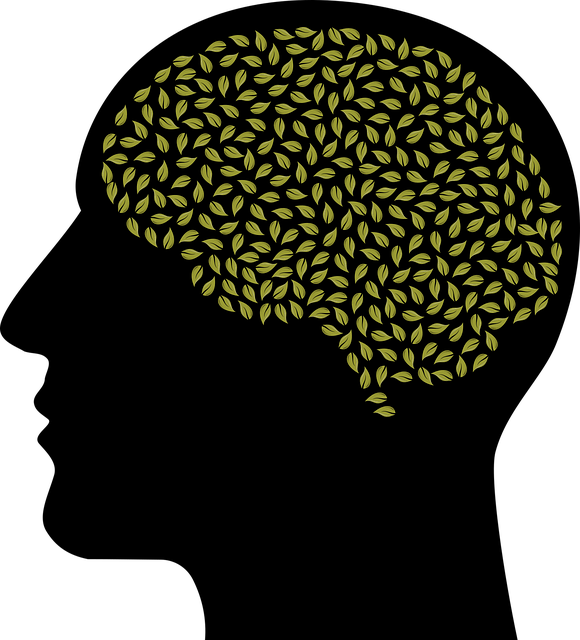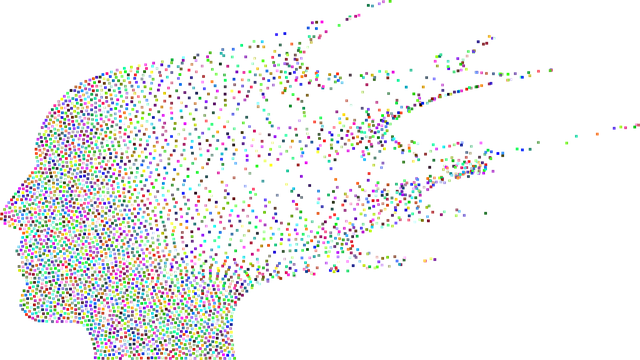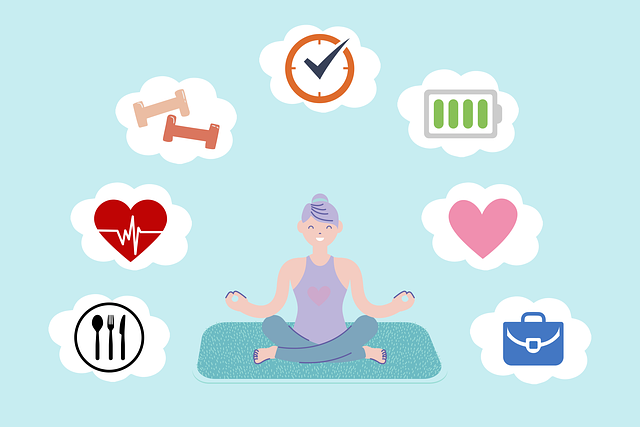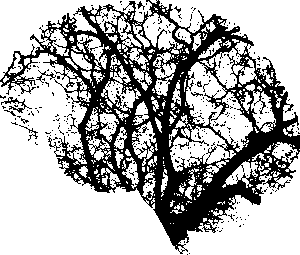Holistic mental health approaches treat the mind, body, and spirit as interconnected entities, addressing all aspects for overall well-being. Key practices include mindfulness, yoga, nutrition counseling, and psychotherapy, focusing on root causes rather than symptoms. Mind therapy uses techniques like CBT and meditation to correct thought patterns and promote resilience. Body-centred practices like yoga and tai chi enhance grounding and presence, improving physical health and body image. Spiritual dimension involves introspection through meditation, journaling, and yoga to access authentic truths and cultivate purpose. Integrating various therapy approaches, such as CBT, mindfulness, and energy healing, creates tailored treatment plans for holistic healing and personal growth. Holistic mind-body-spirit therapy improves emotional resilience, reduces stress, increases self-awareness, and enhances overall quality of life.
Unwind the intricate relationship between mind, body, and spirit through this comprehensive exploration of holistic mental health. Discover a world where therapeutic approaches go beyond surface-level solutions, delving into techniques that nurture overall well-being. From mindfulness practices to body awareness exercises and spiritual connections, learn how integrating these ancient wisdoms can lead to profound transformation and lasting mental resilience. Understand the power of a holistic approach for optimal mental health.
Understanding Holistic Mental Health: A Comprehensive Approach

Holistic mental health recognizes that our minds, bodies, and spirits are interconnected and that overall well-being requires addressing all aspects. Unlike traditional, often compartmentalized therapies, holistic approaches consider the intricate relationship between our thoughts, emotions, physical health, and spiritual beliefs.
By embracing a comprehensive view, holistic mental health practices aim to treat the root causes of distress rather than merely managing symptoms. These methods may include techniques such as mindfulness meditation, yoga, nutrition counseling, energy healing, and psychotherapy tailored to an individual’s unique needs. By nurturing balance and harmony across the mind-body-spirit continuum, these practices foster resilience, self-awareness, and a deeper sense of connection to oneself and one’s purpose.
Mind Therapy: Techniques for Mental Well-being

Mind therapy is a cornerstone of holistic mental health, focusing on cultivating mental well-being through various techniques designed to address the intricate connection between thoughts, emotions, and behaviors. This approach recognizes that mental health issues often stem from imbalances in this mind-body-spirit continuum, and seeks to restore equilibrium using evidence-based practices such as cognitive behavioral therapy (CBT), mindfulness meditation, and positive psychological interventions.
CBT, for instance, equips individuals with coping strategies to challenge negative thought patterns and replace them with more adaptive ones. Mindfulness meditation encourages present-moment awareness, fostering a deeper connection with one’s thoughts and emotions without judgment. Positive psychology interventions focus on cultivating strengths, resilience, and gratitude, promoting overall life satisfaction and well-being. These techniques, when integrated into a holistic mental health approach, empower individuals to take charge of their mental health and cultivate lasting improvements in their lives.
Body-Centred Practices for Healing and Balance

In the pursuit of holistic mental health, body-centred practices play a pivotal role in healing and balance. These approaches focus on the deep connection between our physical bodies and mental well-being. Techniques such as yoga, tai chi, and mindfulness meditation emphasize breathing exercises and bodily awareness, helping individuals cultivate a stronger sense of grounding and presence. By engaging in these activities, people can release tension, improve posture, and enhance their overall body image, all of which contribute to a more harmonious mind-body-spirit connection.
Moreover, body-centred practices often incorporate sensory experiences and somatic techniques to address the root causes of stress and emotional imbalances. Somatic experiencing, for instance, encourages individuals to explore and release held tensions in the body, fostering a deeper understanding of their emotions. This holistic approach recognizes that physical discomfort or pain can be linked to underlying mental health issues, and by addressing these somatically, one can achieve a more profound sense of healing and inner peace.
Spiritual Dimension: Connecting with Inner Self

In the spiritual dimension of mind-body-spirit therapy, connecting with one’s inner self is a profound aspect of holistic mental health. This involves cultivating a deep sense of awareness and understanding of one’s thoughts, emotions, and physical sensations. By quieting the mind and turning inward, individuals can tap into their innermost truths, values, and desires, fostering a stronger connection to their authentic selves. Such introspection enables people to recognize patterns of thinking and behaving that may be holding them back or causing distress.
This inner exploration is facilitated by practices such as meditation, journaling, yoga, and other mindfulness techniques. These tools help individuals quiet the external noise and create space for self-reflection and self-care. In doing so, they can begin to address deeper emotional needs, cultivate a sense of purpose, and foster a stronger sense of well-being that transcends the mere absence of mental illness. This holistic approach recognizes that spiritual health is an integral part of overall mental health and well-being.
Integrative Methods: Combining Approaches for Optimal Results

In the realm of holistic mental health, integrating diverse therapy approaches can lead to optimal healing and transformation. Mind-body-spirit therapy recognizes that mental, physical, and emotional well-being are interconnected, and addressing all three aspects simultaneously is crucial. Combining methods such as cognitive behavioral therapy (CBT), mindfulness practices, yoga, meditation, and energy healing allows for a comprehensive and tailored treatment plan. This integrative approach caters to the unique needs of each individual, fostering profound personal growth and improved overall mental health.
By blending different therapeutic techniques, practitioners can target specific issues while also nurturing the whole person. For instance, CBT helps individuals identify and challenge negative thought patterns, mindfulness practices promote present-moment awareness and stress reduction, yoga enhances physical flexibility and calming, and energy healing works on clearing emotional blocks and promoting energetic balance. This multifaceted strategy ensures that treatment resonates on multiple levels, providing lasting benefits for those seeking holistic mental health support.
Benefits of Holistic Mind-Body-Spirit Therapy

Holistic mind-body-spirit therapy offers a transformative approach to well-being, addressing the interconnectedness of one’s mental, physical, and spiritual aspects. By integrating various therapeutic modalities, this holistic practice aims to restore balance and promote healing across all levels of an individual’s being. The benefits are vast, ranging from improved emotional resilience to enhanced overall quality of life.
This therapeutic method recognizes that mental health is not solely a psychological matter but is deeply influenced by our physical state and spiritual beliefs. By engaging in holistic practices such as meditation, yoga, energy healing, and nature therapy, individuals can experience reduced stress, increased self-awareness, and improved mental clarity. These activities foster a deeper connection with oneself, enabling individuals to cultivate inner peace and develop coping mechanisms that support long-term mental well-being.
